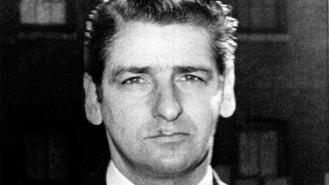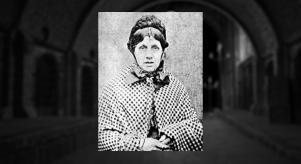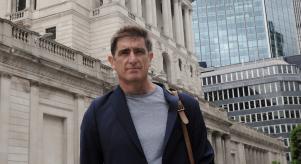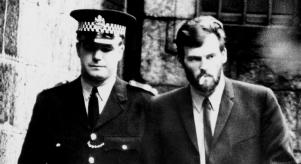
Anna Delvey: The New York socialite who didn't exist
Had you been part of the New York social circle, you would need no introduction to Anna Delvey. The gorgeous young heiress was fun, energetic, and generous. The daughter of a German CEO selling solar panels, Delvey’s eight-figure trust fund supported a lavish lifestyle of personal trainers, endless shopping, and elegant meals in all of the hottest restaurants and eateries - and she was always happy to treat those around her.
Those who grew to know Anna never really questioned her lifestyle. Sure, she was forgetful from time to time. Many just put these accidents and mishaps down to Anna's carefree spirit, the odd lost credit card here, a sofa to crash on there. She’d pay them back, eventually. After all, she had the money. Her reputation for spending large sums in cash, tipping richly, and footing the bill for her friends preceded her, and Anna was nothing if not generous with her wealth.
However, a dark secret lurked beneath the fiery red hair and designer wardrobes: Anna Delvey didn’t exist.
Is it fraud if you didn’t ask?
Born in Russia, Anna Sorokin grew up in Ershweiler, Germany. At 19, she left home to pursue a fashion degree in Paris. In Paris, Sorokin invented Anna Delvey while snapping pictures for Purple, a fashion magazine. Still financially dependent on her conservative parents, Anna landed in New York with the intent for a short visit in 2013 for New York Fashion Week, but she didn’t leave.
After a short time working in the New York offices for Purple, Sorokin decided to walk away from the job and her life and instead manifested the lavish and star-studded life of Anna Delvey.
Anna Delvey’s transient life saw her living at boutique hotels across Manhattan while networking with New York’s socialite circle. From celebrities to CEOs, Anna impressed them all. In one breath, she would dazzle them with her project, an exclusive art club for which she was seeking investors. In the next, she’d be dropping large amounts of cash on private personal trainers, parties in expensive restaurants, and designer wardrobes.
In reality, Sorokin was broke. She’d used false documentation to take out extensive loans, maxed out credit cards, and duped friends into lending her cash and credit cards when her own didn’t cover the costs.
First offence
Anna was first arrested in 2017 after she was caught skipping out on a bill. At this point, she had racked up thousands of dollars in debt from hotel-hopping and had failed to pay bills at multiple restaurants. Not long after being released, Anna was again arrested and detained at Riker’s prison, where she was offered a plea deal. Believing that she hadn’t done anything wrong, Sorokin chose to go to trial instead.
Dine and dash, or theft?
Theft of Services is defined as a crime whereby the perpetrator obtains valuable services through means of deception, coercion, or force. New York State Legislation breaks down the various ways in which one might commit Theft of Services, but a more common description of this crime is the good old fashioned dine and dash. Other examples include using stolen credit card details or influencing service providers with false information.
Sorokin claimed that she had the full intention of paying back the long lists of services that she manipulated into funding her lifestyle of champagne breakfasts and star-studded dinner parties. However, the Manhattan Jury did not accept Sorokin’s ‘fake it until you make’ it style of defence, and she was found guilty.
Larceny, grand larceny, and fraud?
Falling under the umbrella of theft, Larceny is the criminal act of obtaining or stealing the personal property of individuals and businesses. Grand Larceny involves the theft of properties over a certain value amount (this can vary from state to state). In total, Sorokin scammed more than $200,000 from banks, businesses, and friends. The defence maintained throughout her trial that Sorokin had every intention of paying back the money she owed once she had obtained sound investment for her art club. Despite her statement of “I just told people what I wanted, and they gave it to me, or I would move on", Sorokin was found guilty of four counts of Thefts of Service, three counts of Grand Larceny, and a final count of Attempted Grand Larceny.







